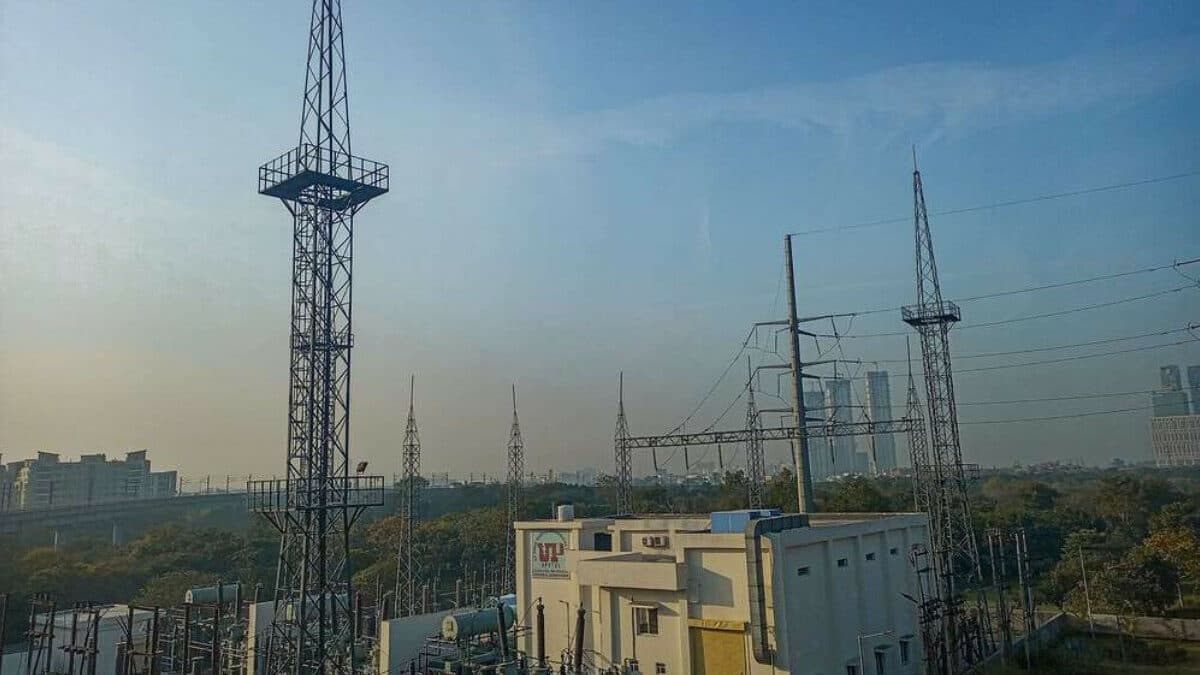Almost half of the Victorian businesses surveyed said the current energy crisis was hurting their operations, with many expecting changes in corporate investments as costs and supply became more unclear.
The Chamber polled members from a diverse spectrum of industries, revealing pervasive difficulties that are not limited to heavy industry. Victorian businesses are struggling to deal with the national energy crisis, with increased concerns about rising prices and supply difficulties affecting their operations.
According to Ai Group, there are some short-term causes at work, such as the unavailability of ageing and unreliable coal generators and the onset of winter peak heating demand. However, high international coal and gas prices are the most important factor, and they are expected to remain high for many years.
The survey found:
- 47 per cent of companies said the current instability in the energy market is impacting their business
- The majority of businesses (55 per cent) use both electricity and gas, and 42 per cent use electricity only as an energy resource
- 96 per cent were concerned about the rising cost of electricity and 76 per cent were concerned about the increase in the price of gas
- 51 per cent were forecasting changes in business investments over the next two months because of the current instability
- 79 per cent were uncertain about forecasting costs and investments for their business over the 12 months
- 58 per cent would be more willing to invest in renewable energies or switch from gas to electricity with government financial support
- 72 per cent indicated that energy security and energy affordability are equally important to their business
Victorian Chamber of Commerce and Industry Chief Executive Paul Guerra notes that the survey demonstrates the impact of the energy crisis on Victorian businesses, namely their levels of confidence and investment as they deal with rising costs and increased supply insecurity.
“It also tells us that we need to explore all options to alleviate pressure on businesses in the short term while looking at longer-term solutions that will provide certainty and benefits for businesses, the economy and the wider community.
“Business needs commitment around the certainty of supply and certainty of price in the short term, and then we need to seize the opportunity in sectors like renewables, waste recovery, carbon technologies and transport that will, in turn, create new jobs, lower emissions and reduce costs for business and consumers. Doing this will help make Victoria the best place to live, work and operate a business.”
Business groups call for a ‘speedier move’
Energy ministers have been encouraged to agree on a “quicker shift” away from natural gas as a solution to Australia’s power problem, with federal and state leaders meeting for emergency talks.
Amid the current energy market crisis, the Australian Competition and Consumer Commission (ACCC) said it is monitoring for price gauging and assessing whether power companies are engaging in anti-competitive conduct.
Earlier, a broad coalition of peak groups urged Australia’s energy ministers to collaborate on both urgent remedies to calm pandemonium and longer-term steps to moderate energy costs and decrease emissions by boosting supply-side and demand-side efficiency, energy management, and fuel switching.
Businesses of all sizes, consumer advocates, the community sector, environmental advocates, farmers, investors, the property industry, professional organisations, researchers, and Australia’s energy and energy management sectors are all represented in the alliance.
Wholesale electricity and gas prices and futures are at all-time highs, threatening intense and long-term suffering for consumers and companies. This quick increase is also generating havoc among smaller energy retailers, compounding the immediate dangers.
Greg Bourne, Climate Councillor, energy expert, former President of BP Australasia and former advisor to Margaret Thatcher says: “The oil and gas market has always been geopolitical, with inherent extreme price volatility, which rocks the world in times of crisis. Previous responses have been to explore and develop more oil and gas, setting ourselves up for the next crisis in which the oil and gas companies reap super-profits while consumers reap the misery. When will we learn?”
“Consumers, manufacturers and everyone in the economy is now being squeezed by soaring fossil fuel prices. We must turn our back on traditional self-serving responses and accelerate our investments in renewable energy and storage to help protect ourselves from volatility, lower our emissions, create new industries and become more self-sufficient.”
“The Albanese government has a strong mandate for game-changing climate action. We need to see them put that into action now, to protect households and businesses from future price shocks and to strengthen our economy into the future.”
Also read: Energy crisis: ACCC to investigate power companies’ profits
Keep up to date with our stories on LinkedIn, Twitter, Facebook and Instagram.

